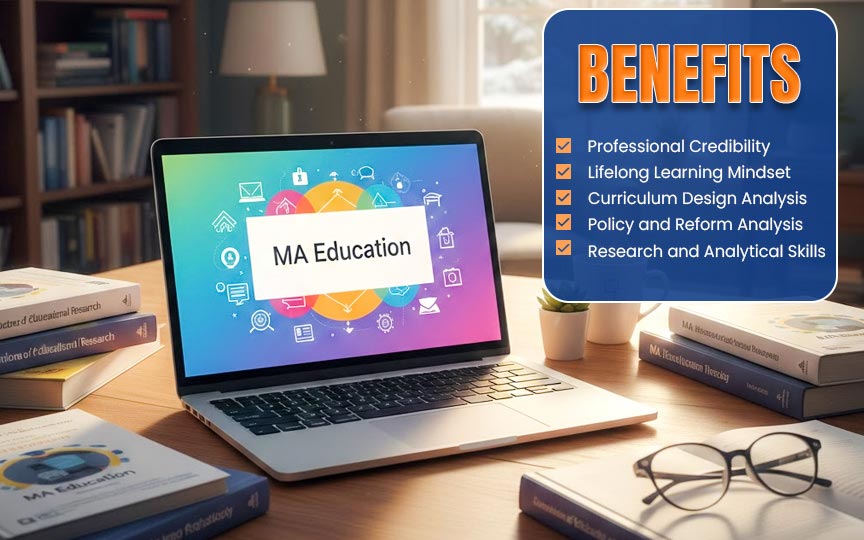Exams can be overwhelming, even for well-prepared students. While it’s natural to feel some stress, allowing it to take over can negatively impact your performance. Exams offer new opportunities, but they often come with a lot of stress and the challenge of retaining information. But don’t worry, knowledge seekers!
Let’s explore the world of exam preparation together, equipped with strategies to manage stress and help you achieve your full potential.
Do’s:
- Plan and prioritize: Structure your study schedule realistically, incorporating breaks and leisure time. Prioritize challenging topics and allocate more time accordingly.
- Embrace active learning: Don’t just passively reread notes. Summarize, explain concepts to others, create flashcards, or use practice questions to solidify your understanding.
- Befriend sleep: Aim for 7-8 hours of quality sleep nightly. A well-rested mind retains information better and performs under pressure.
- Fuel your body and mind: Nourish yourself with healthy meals and snacks. Stay hydrated with water, and avoid sugary drinks that can cause energy crashes.
- Practice mindfulness: Techniques like meditation and deep breathing can calm your nerves and improve focus. Take breaks to connect with yourself and manage stress.
- Seek support: Don’t suffer in silence. Talk to friends, family, or teachers about your concerns. Consider joining a study group for peer support and accountability.
- Visualize success: Imagine yourself feeling calm, and confident, and answering questions thoughtfully. Positive visualization can boost your self-belief and reduce anxiety.
Don’t:
- Procrastinate: Putting things off only amplifies stress. Start early, break down tasks into smaller chunks, and reward yourself for milestones achieved.
- Compare yourself to others: Everyone learns differently and has unique strengths. Focus on your progress and avoid self-doubt fueled by comparisons.
- Overdo it: Studying for hours on end without breaks leads to burnout and decreased retention. Listen to your body and take the necessary breaks to recharge.
- Neglect self-care: Maintaining a healthy balance is crucial. Engage in activities you enjoy, spend time in nature, and prioritize regular exercise for stress relief.
- Panic during exams: Take deep breaths, read questions carefully, and manage your time wisely. If you get stuck, move on and come back later.
- Forget the basics: Ensure you have all the necessary exam materials, know the venue and timings, and get a good night’s sleep before the big day.
- Dwell on past exams: Analyzing past performance can be helpful, but dwelling on it creates unnecessary stress. Focus on the present and prepare for the upcoming exam.
Remember, exams are just one aspect of your journey. By managing stress, setting realistic goals, and adopting productive study habits, you can approach them with confidence and unlock your full potential.
Share your own experiences and challenges related to exam stress in the comments below. Let’s build a supportive community where everyone can learn and grow together!
Take a deep breath and Win: Successful Study Techniques for Exam Success
Developing effective study habits can transform your approach to exam preparation. Instead of cramming everything into a short period, adopting these habits can help you gain a genuine understanding of the subject.
In this regard, we will explore some strategies that will not only help you pass with flying colors but also leave you with a deeper knowledge of the subject matter.
Embrace Active Learning:
- Ditch the passive reading: Go beyond simply highlighting or rereading notes. Summarize key points in your own words, explain concepts to a friend, or create mind maps to connect ideas.
- Practice makes perfect: Don’t just read about it, do it! Solve practice problems, answer past exam questions, or conduct mini-experiments to solidify your understanding and identify areas needing improvement.
- Engage with different learning styles: Visual learners benefit from diagrams and flowcharts, while auditory learners might prefer recorded lectures or group discussions. Find what works best for you and mix things up to keep your brain engaged.
Dive Deeper into the Material:
- Challenge yourself: Don’t settle for surface-level knowledge. Ask “why” and “how” questions, explore different perspectives, and seek additional resources like scholarly articles or documentaries.
- Connect the dots: Look for relationships between different concepts within the subject and across other disciplines. This broader understanding will strengthen your memory and allow you to apply knowledge in new contexts.
- Get curious: Treat the subject as a puzzle to be solved, not just information to be memorized. This intrinsic motivation will fuel your desire to learn and make the process more enjoyable.
Optimize Your Study Experience:
- Plan and prioritize: Create a realistic study schedule that factors in breaks, leisure time, and different learning styles. Prioritize challenging topics and allocate more time accordingly.
- Find your focus zone: Choose a quiet, well-lit environment free from distractions. Eliminate phone notifications and inform others not to disturb you during dedicated study periods.
- Space out your studying: Cramming before the exam is ineffective. Distribute your learning over smaller, spaced-out sessions to promote long-term memory retention.
- Take care of yourself: A healthy mind and body are crucial for optimal learning. Maintain regular sleep patterns, eat nutritious meals, and engage in physical activity to manage stress and boost cognitive function.
Remember:
- There’s no one-size-fits-all approach: Experiment with different techniques and find what works best for you.
- Seek help when needed: Don’t be afraid to ask teachers, tutors, or classmates for clarification on challenging concepts.
- Enjoy the journey: Learning should be an enriching experience, not just a means to an end. Embrace the opportunity to deepen your understanding and discover the fascinating world of your chosen subject.
In the end, incorporating these strategies into your exam preparation will not only help you achieve your academic goals but also develop a genuine love for learning that will benefit you beyond the test. Remember, the key is to actively engage with the material, challenge yourself, and create a positive learning environment.







